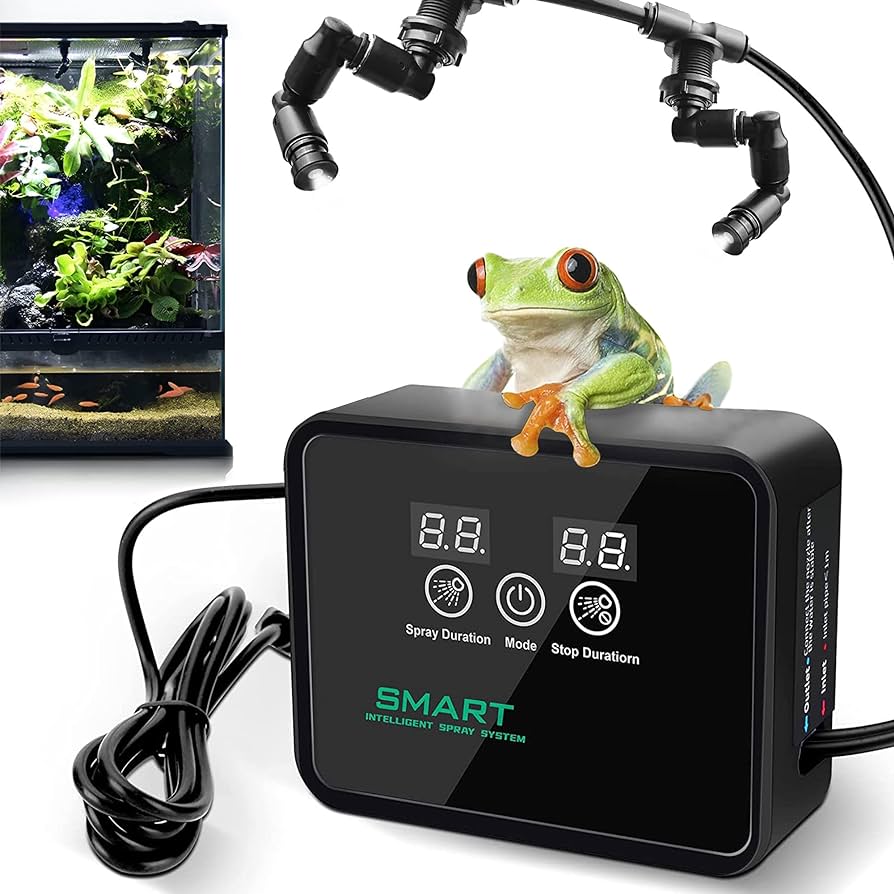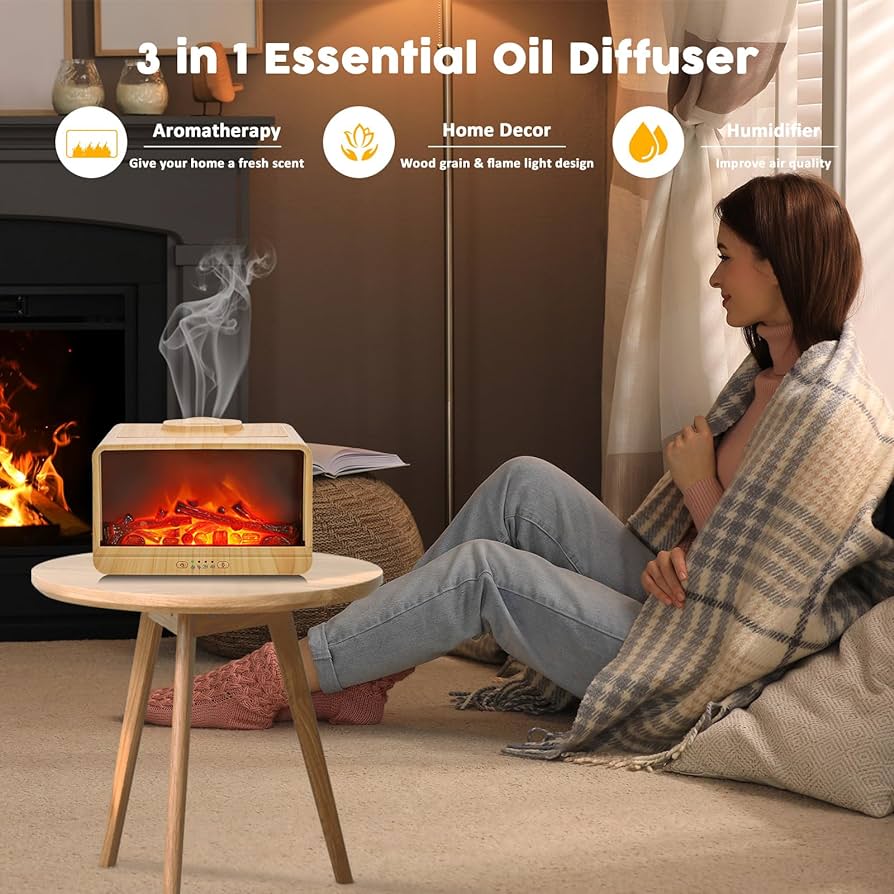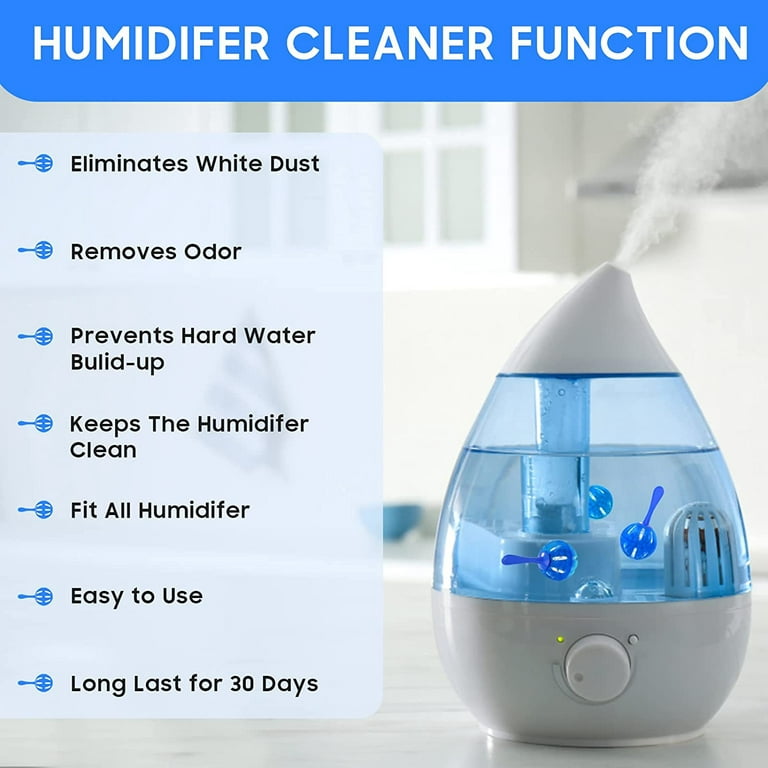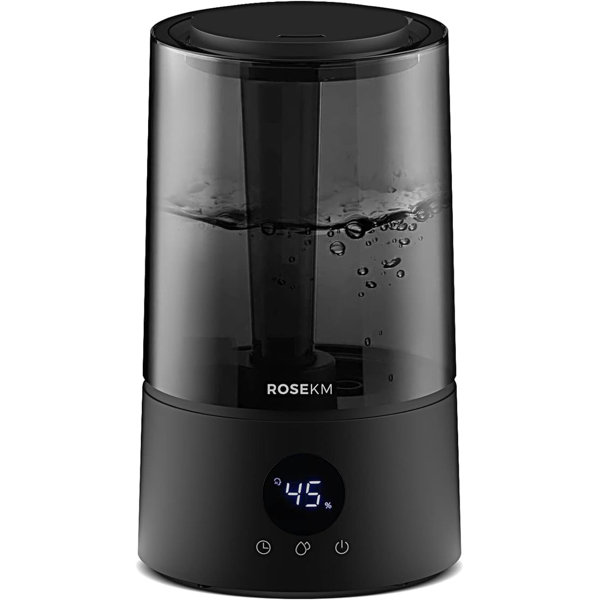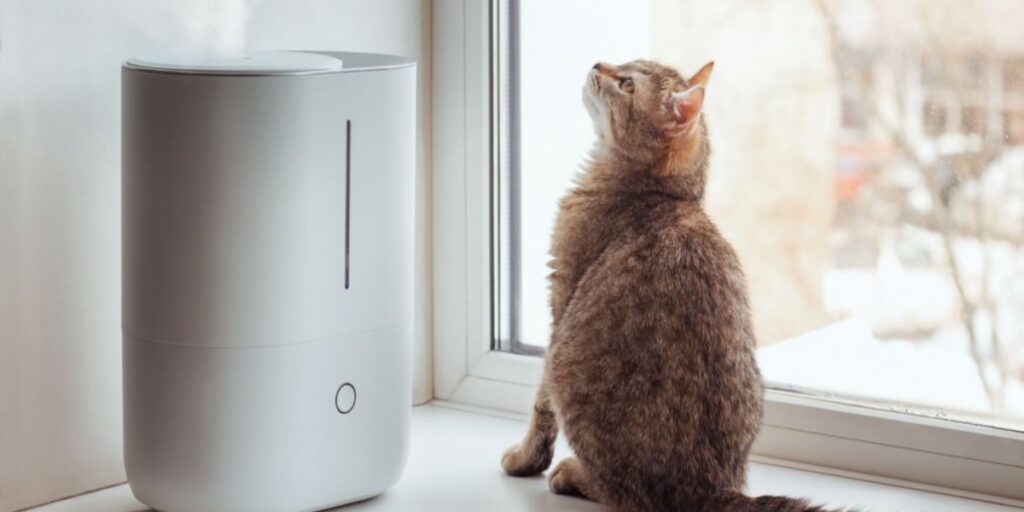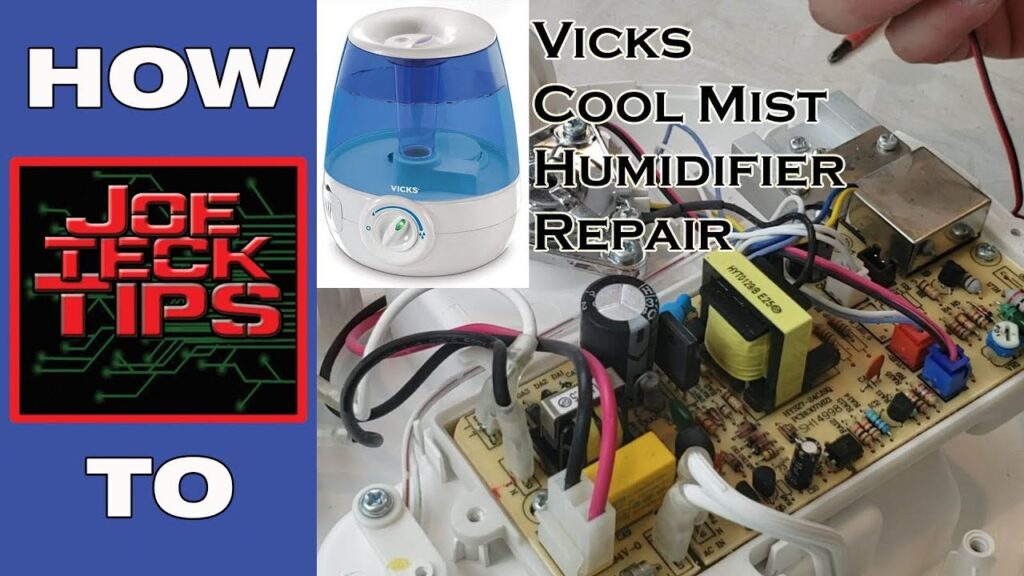Salt Water Humidifier Benefits: Breathe Easier at Home
A salt water humidifier releases vapor into the air by using a saline solution. This device can help alleviate respiratory issues and improve indoor air quality. Salt water humidifiers are gaining popularity for their potential health benefits and the unique way they moisturize the air. By adding a salt solution to the water before …
Salt Water Humidifier Benefits: Breathe Easier at Home Read More »


